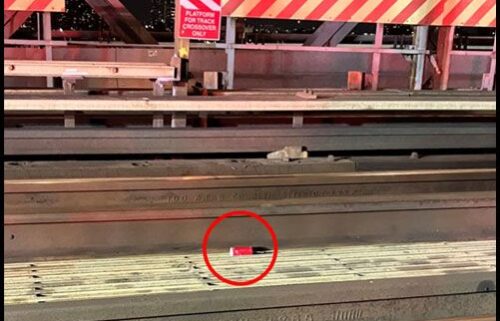Tourists scramble as 600-year-old Chinese tower partially collapses
By Hassan Tayir, CNN
Hong Kong (CNN) — Visitors to a centuries-old tourist site in eastern China were sent scrambling after hundreds of roof tiles came loose and cascaded more than two stories to the ground.
The Fengyang Drum Tower—built in 1375 and used to announce the beginning of ceremonies and the time of day—is one of the largest such towers in China, according to state media.
The tower is a major tourist attraction in Anhui province, which is 167 miles away from Beijing, China’s capital.
But on Monday the quiet around the site was shattered as hundreds of roof tiles began slipping from the roof and crashing to the ground, raising a huge cloud of gray-brown dust.
“The tile falling lasted for a minute or two,” one eyewitness told Yangcheng Evening News, a state-controlled newspaper.
Another witness described how he heard the crisp sound of one tile falling after another from a shop at the entrance of the Drum Tower.
“There was no one in the square and no one was injured,” he told state media outlet The Beijing News.
“If it happened a little later, there would be many children playing (near the tower) after dinner.”
The local culture and tourism bureau said no casualties had been reported and that the “situation is under investigation.”
The collapse happened just a year after the tower was renovated following minor damage to the roof.
However, the building consists of two parts: the original Ming-era tower base and the tower on top of it. Damages mainly happened to the latter, which was once rebuilt in 1995, local officials say.
Fengyang county is famous for its history and culture, and was home to Zhu Yuanzhang (the Hongwu Emperor), founder of the Ming dynasty.
He oversaw a prosperous era fueled by strong international trade and a growing population.
During this time, China replaced its traditional currency of silver and gold with paper money.
The-CNN-Wire
™ & © 2025 Cable News Network, Inc., a Warner Bros. Discovery Company. All rights reserved.



